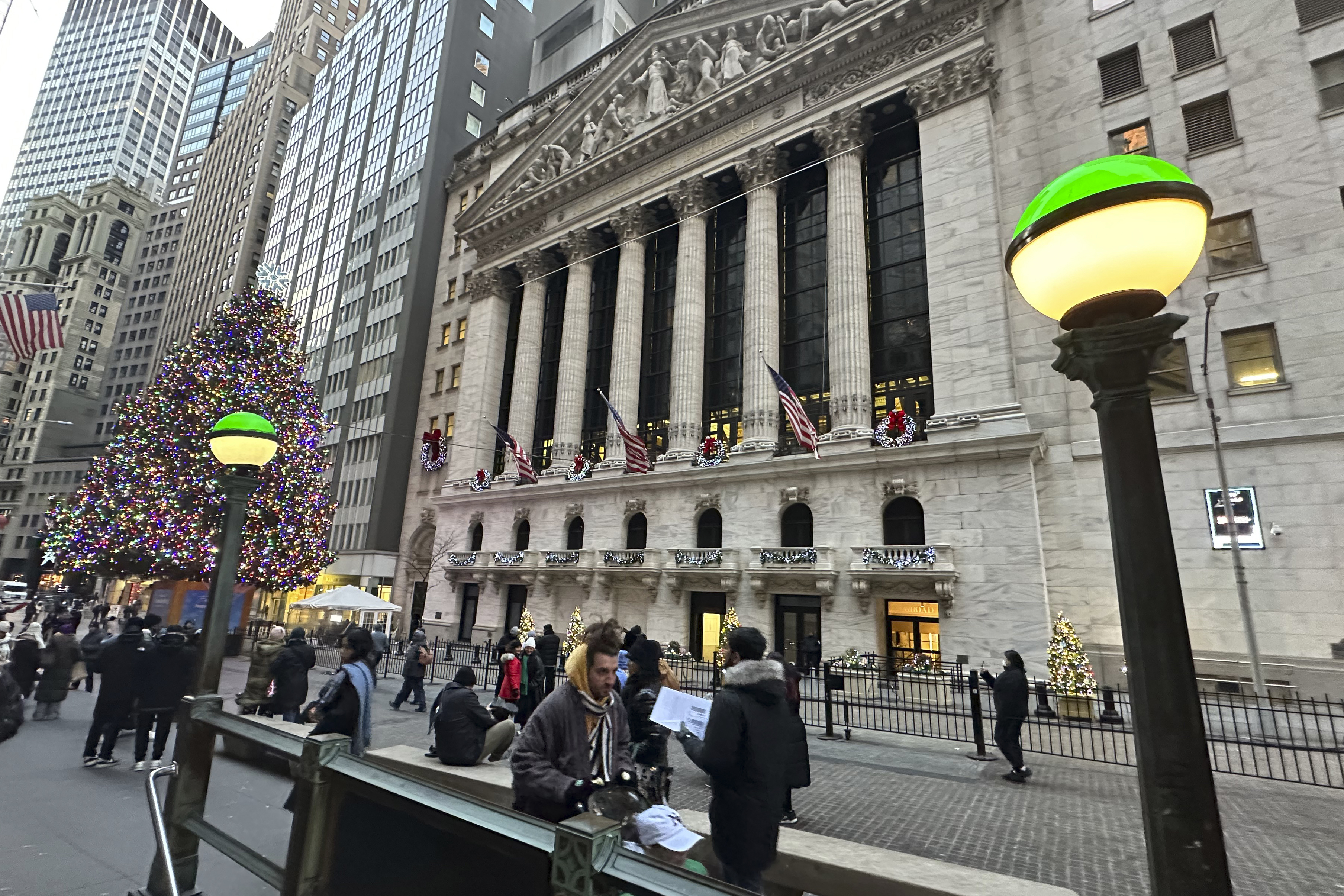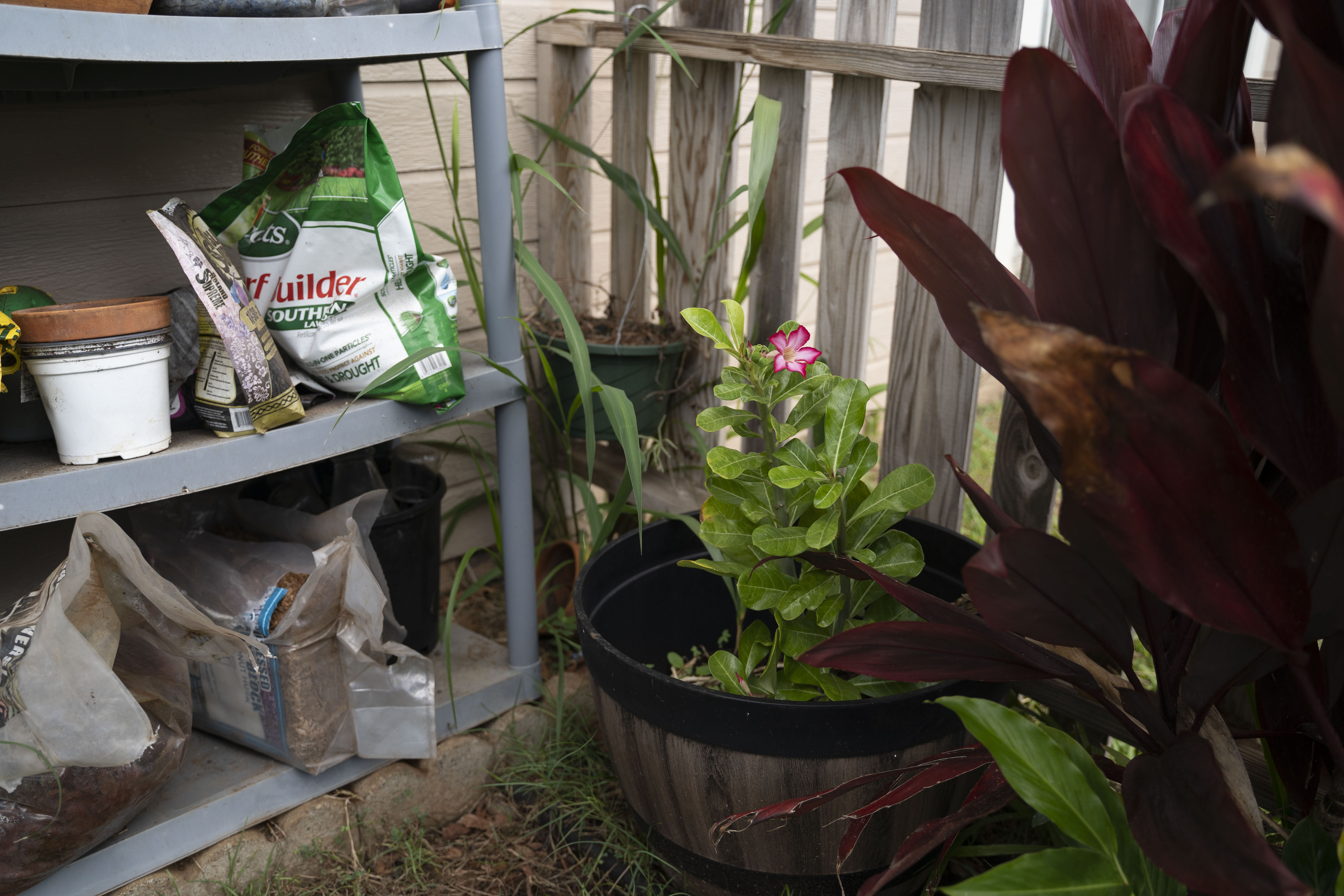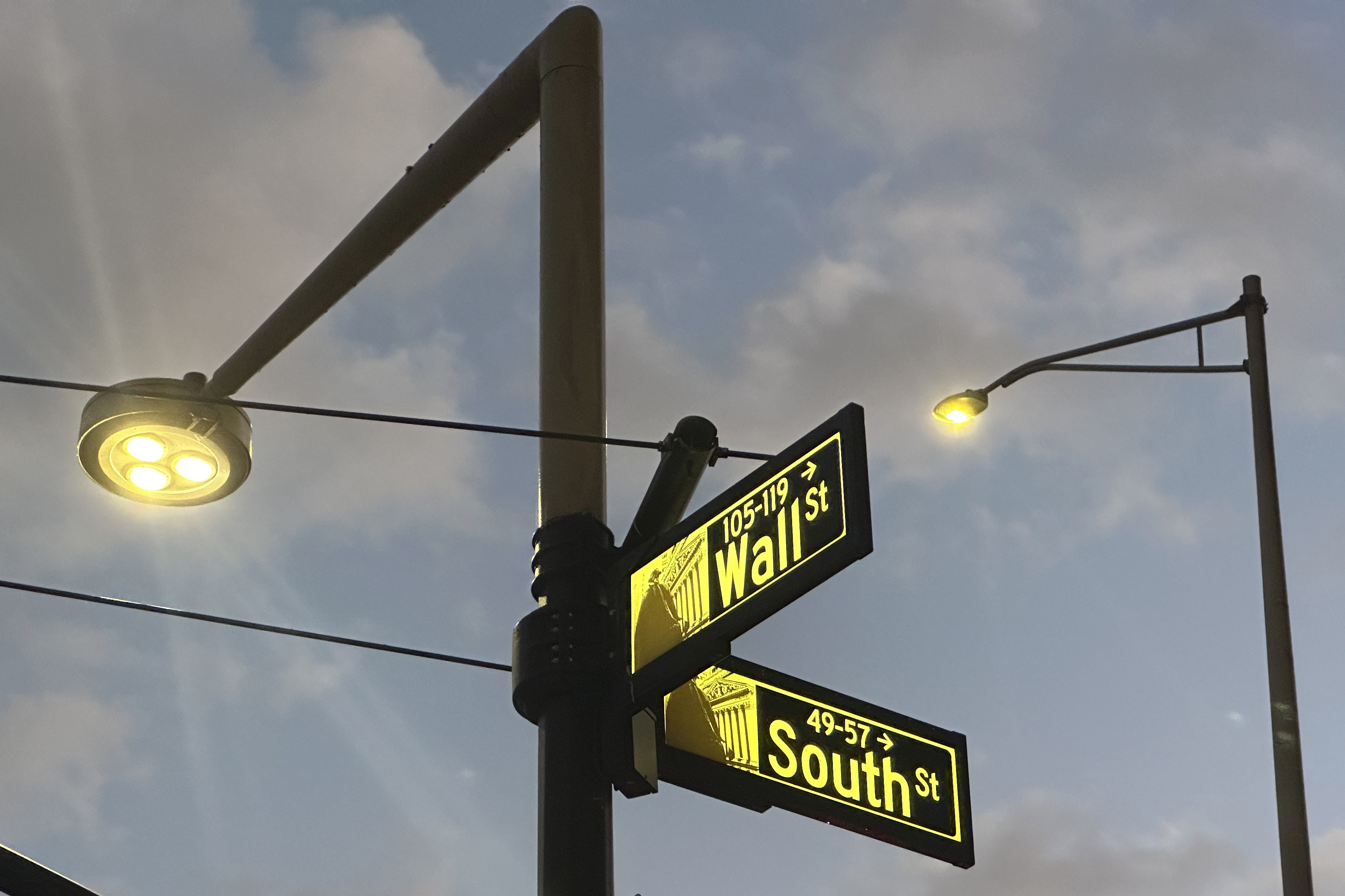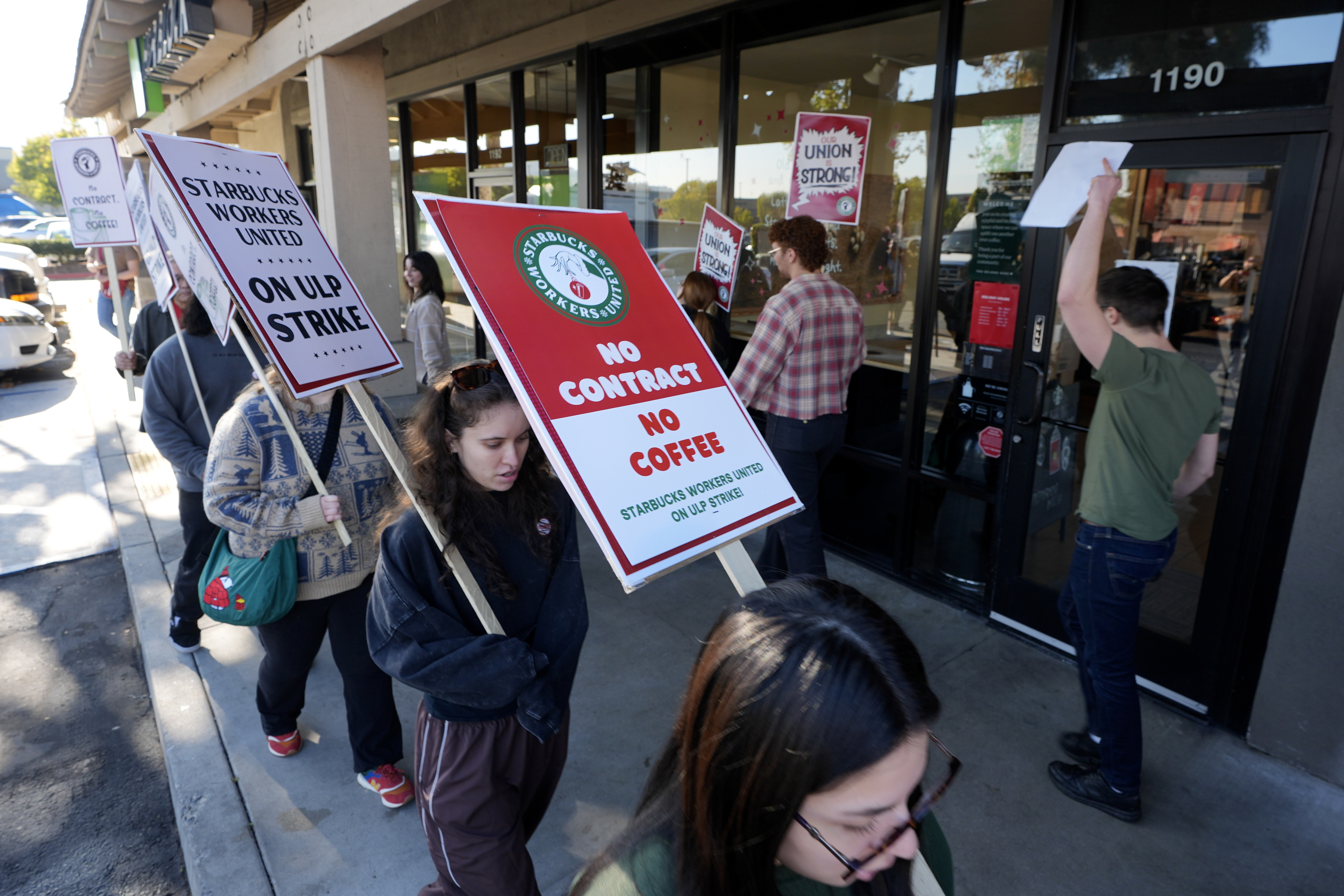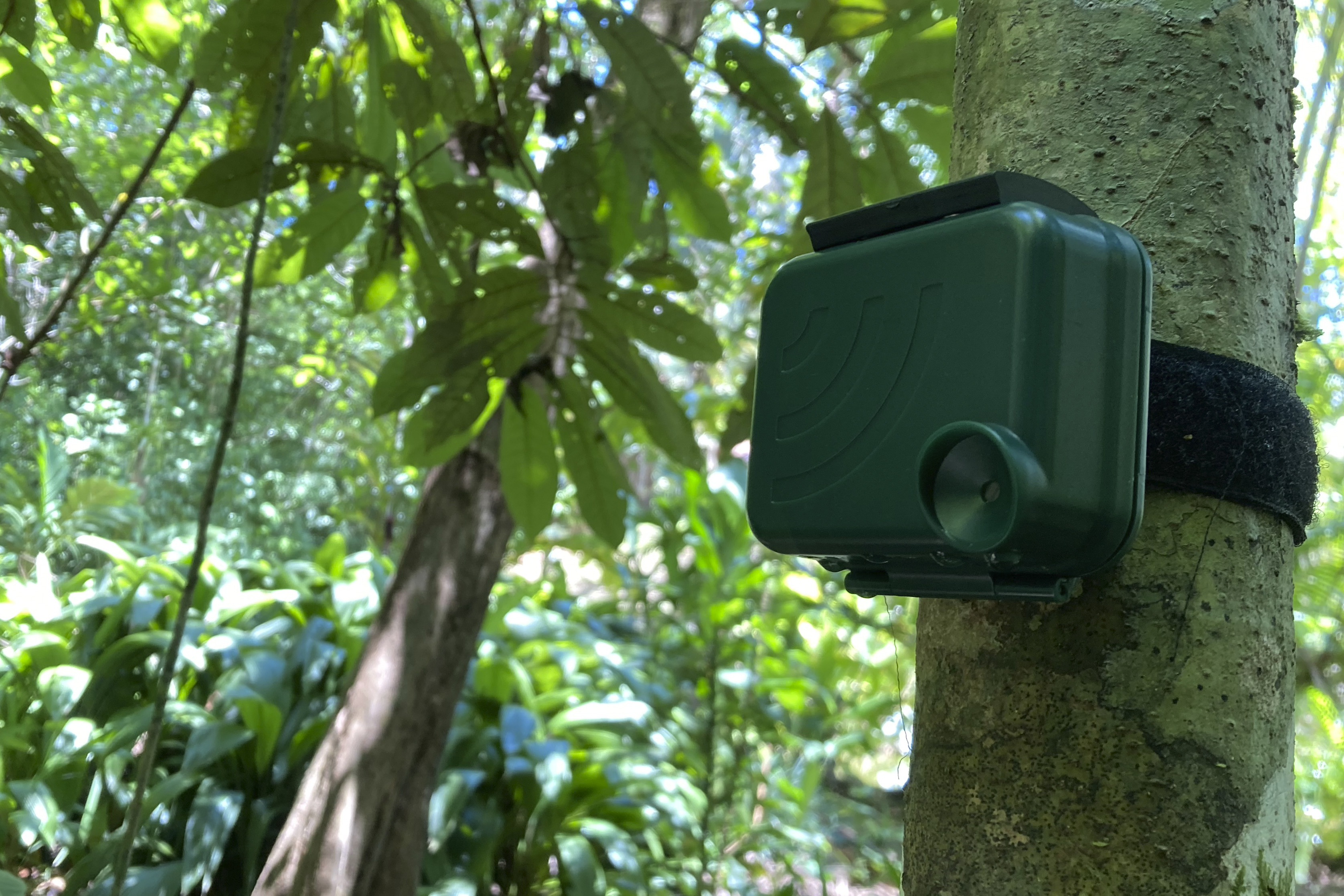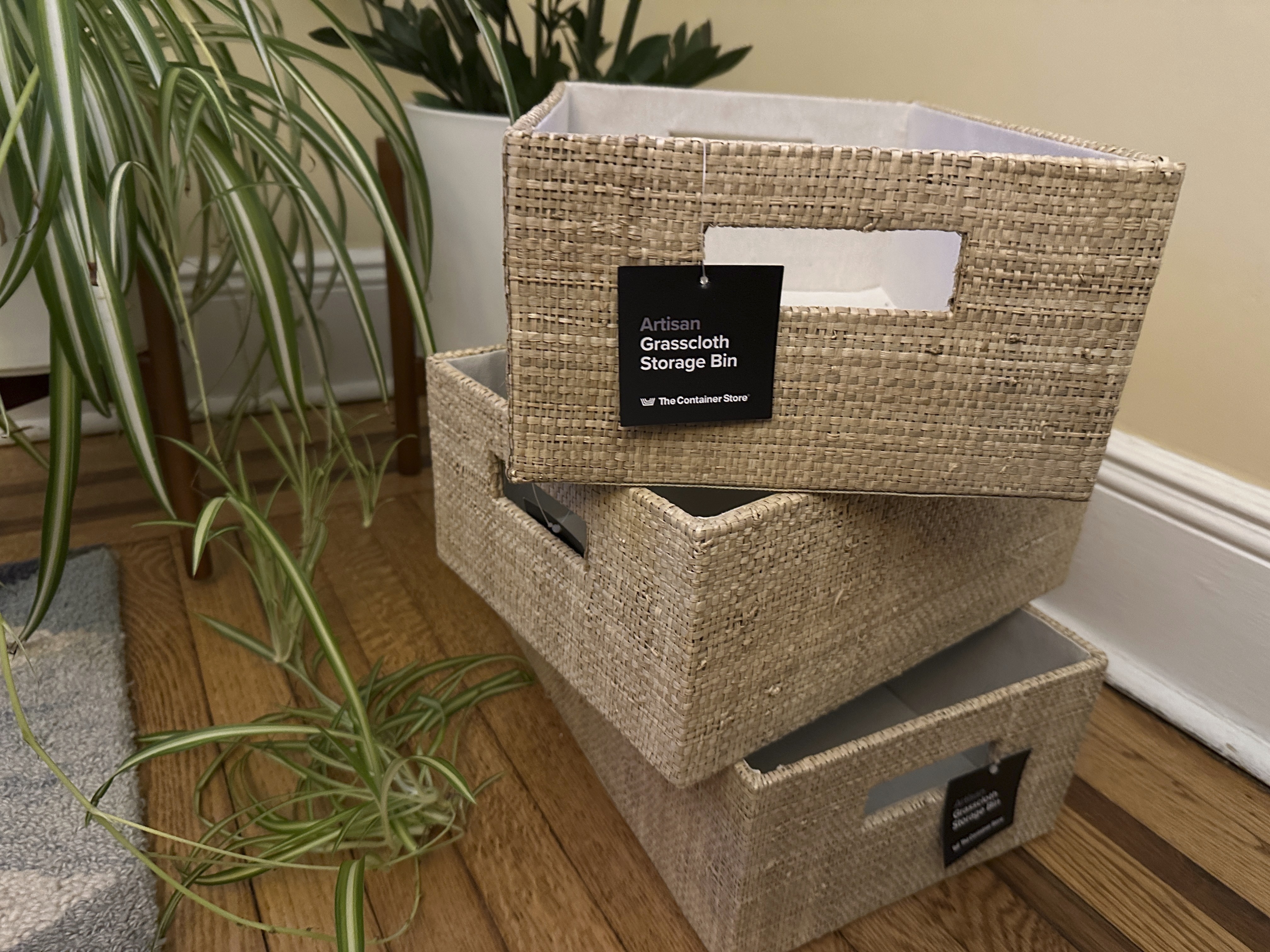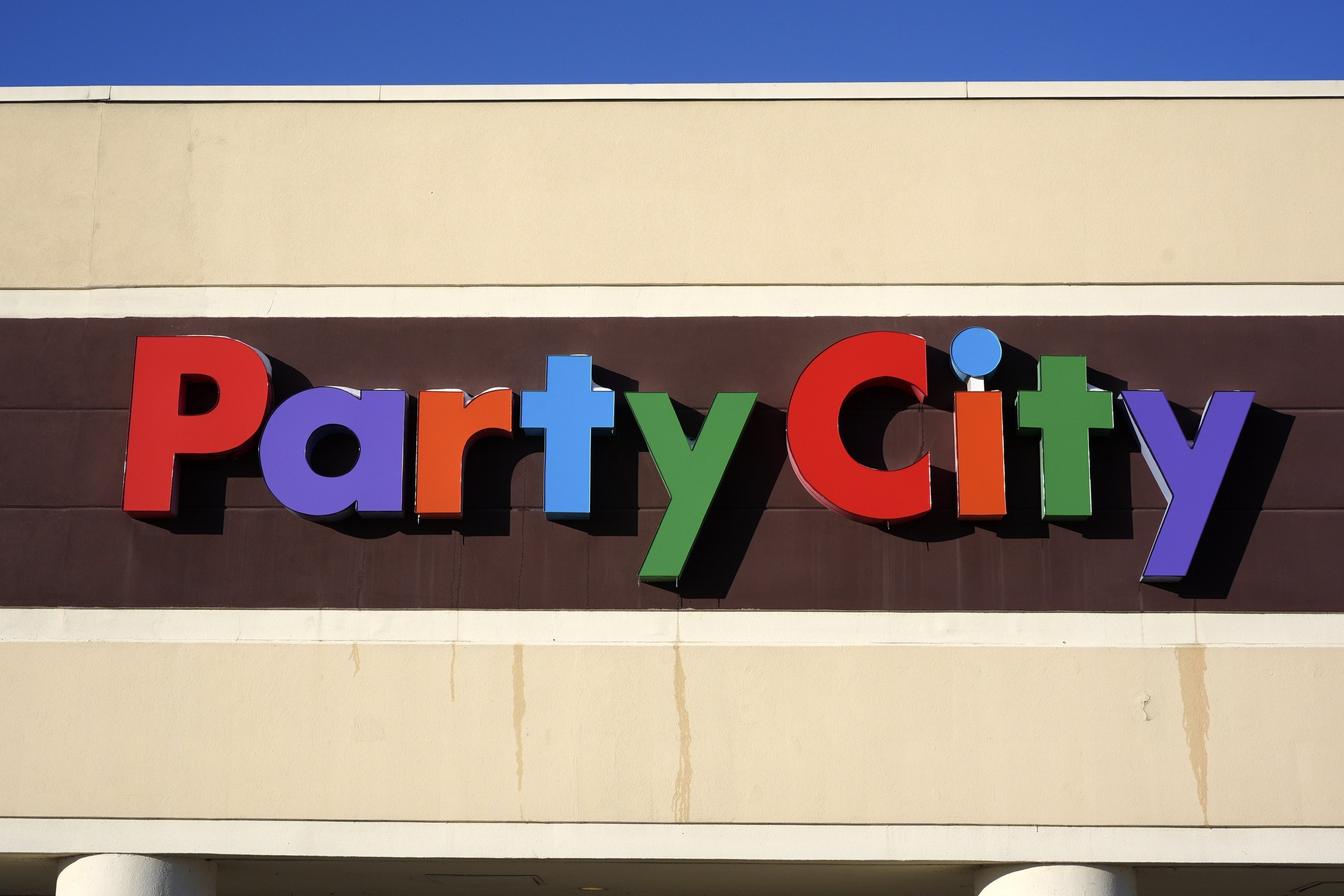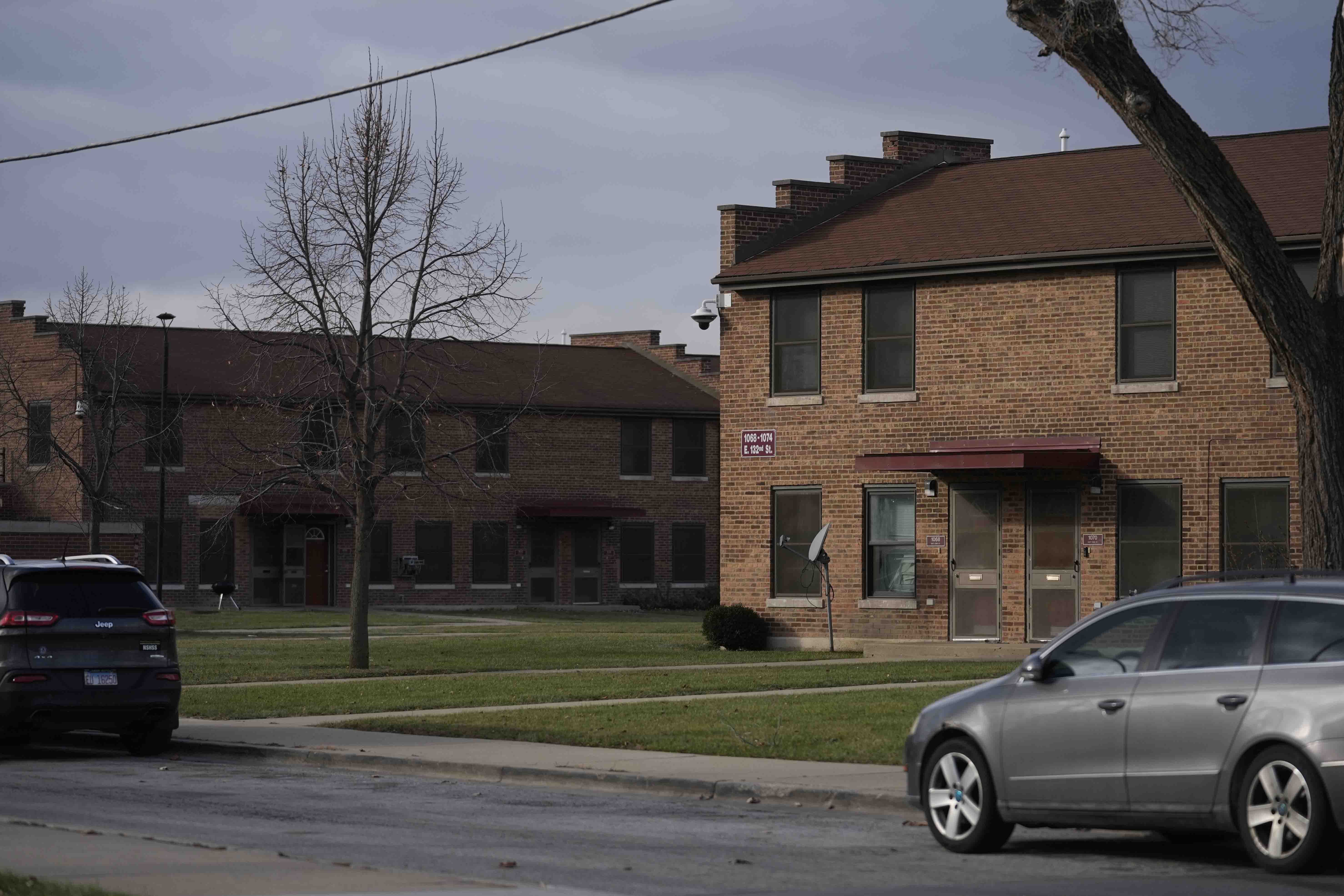BATON ROUGE, La. (BRPROUD) — Music is a big part of Louisiana culture, but there’s one specific genre that’s known to stand out in Baton Rouge.
“The black man’s music in America been copied by every race that come to America. So, it used to be against the law for, like country and western. It was against the law for the white man to sing the blues,” said Lloyd “Teddy” Johnson Jr., owner of Teddy’s Juke Joint.
Blues is a genre of music played across America, but it’s been home to the deep south for decades. However, the roots of blues are a never-ending debate.
“From what I know about it talking to a lot of old people, it started from the Africans out of Africa,” said Johnson.
Regardless of where it started, Henry Turner Jr. a Baton Rouge blues artist said, “Louisiana has one of the oldest blues histories.”
“What did blues mean to the community back then?” asked Sydney Simone, a reporter for BRProud News.
“The blues is life. From the time you are born until you die,” said Johnson.
Johnson said in the mid-1900s, nightclubs were on plantations. Singing blues was a way for slaves to connect and share stories.
“They tried to stop the Black man from singing in the cotton fields. So, they found a place and put him in there. But when they found out, they stopped him from singing in the cotton fields. There was no communication with the workers,” said Johnson.
Turner and Johson both agree that blues, R&B, country, and rock all have similarities.
“They say if you listen at the baseline drum, country and western, blues, rap all it got the same line. Then they just changed it up in different ways,” said Johnson.
“They’ll say that’s an R&B song. What’s the difference? The difference is the culture and who is going to accept the music,” said Turner.
Turner said blues tells a story, but the narrative can change by region. But the question that remains, how is blues defined in Louisiana?
“It’s a feeling, it’s what it really is,” said Turner.
And in the words of Johnson, “It’s just the life that the Black man and woman had to live.”
At the end of the day, it’s been known to heal wounds left behind in Black families.

